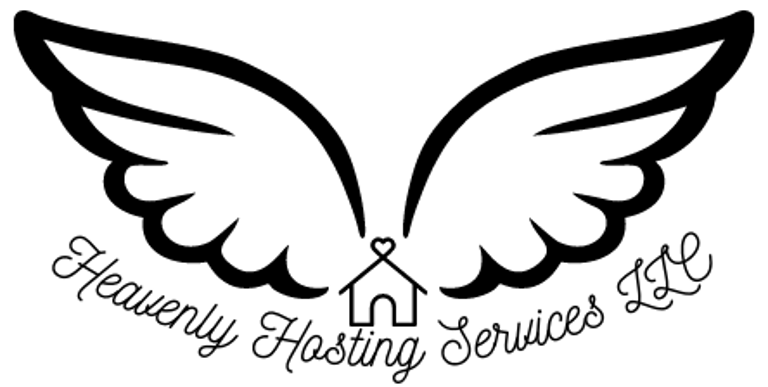Managing Guest Expectations: Communication Strategies That Work
How clear communication builds better guest experiences and fewer headaches for hosts. Practical tips for short term rental success.
SATISFIED CUSTOMERSREVIEWSGUEST COMMUNICATION
4/17/2025


Running a successful short term rental isn’t just about beautiful photos and spotless spaces—it’s about the guest experience. One of the most overlooked (yet powerful) tools for shaping that experience is communication. When done right, it sets the tone, prevents confusion, and helps ensure guests leave glowing reviews.
Here are some effective strategies for managing guest expectations through better communication—based on real-world insight, not theory.
Start with Clarity, Not Promises
Before a guest ever books, your listing should do the heavy lifting. That means being upfront about what the property does and doesn’t offer. If there’s no washer/dryer, say so. If the unit is in a lively part of town, let them know to expect city sounds. Clarity doesn’t just prevent complaints—it builds trust. Guests appreciate honesty more than perfection.
Timing Is Everything
Once a guest books, communication shouldn't stop. A thoughtful message right after booking—thanking them, confirming their dates, and previewing what to expect—goes a long way. As check-in approaches, a detailed message with access instructions, Wi-Fi info, and parking directions eliminates last-minute stress.
But timing doesn’t end there. A quick check-in message after arrival (even automated) can show attentiveness without hovering. Something simple like, “Hope you got in okay! Let me know if anything comes up,” invites conversation if needed.
Anticipate the Questions
You’ll learn over time what guests ask most often. Turn those FAQs into preemptive answers. A well-organized digital guidebook or printed welcome packet can do wonders. Include nearby dining spots, house rules, how to work the thermostat, and emergency contacts. The more you answer up front, the less you (or your team) will have to answer during the stay.
Set Boundaries—Nicely
Clear communication also means setting expectations around behavior. Do you have quiet hours? Trash day reminders? Pet policies? These should be reiterated kindly but firmly in your welcome info. Guests usually don’t mind rules—they mind surprises.
Be Human, Not Scripted
Templates save time, but robotic messages don’t build connection. Personal touches matter. Use the guest’s name, reference their reason for visiting if they’ve shared it, and respond like a real person. That extra care is what gets mentioned in reviews.
When Things Go Wrong, Stay Calm and Clear
Even the best-managed stays can hit bumps—wifi goes out, an appliance breaks, a neighbor gets loud. The key is how you respond. Acknowledge the issue, apologize if appropriate, and offer a plan. Even if you can’t fix it immediately, being communicative and compassionate is often enough to turn a frustrated guest into a loyal one.
End on a High Note
Before check-out, a short thank you message that includes next steps—how to leave the keys, when cleaners arrive—helps close the loop. If you ask for feedback, keep it light and easy. A good final impression can prompt a great review or even a return stay.
Managing guest expectations isn’t about overpromising—it’s about staying ahead of misunderstandings and showing guests they’re in good hands. Strong communication isn’t just good hospitality; it’s good business.
Hit the Easy Button!
Full scale, world class short term rental management without the headaches!
Contact
heavenlyhostingservices@gmail.com
754-800-2205
© 2022-2024 by Heavenly Hosting Services LLC. All rights reserved.
